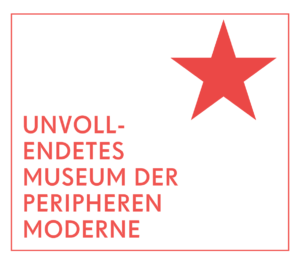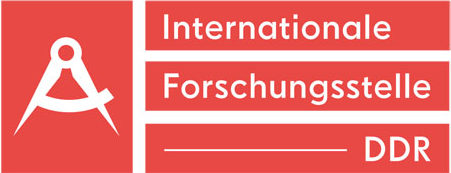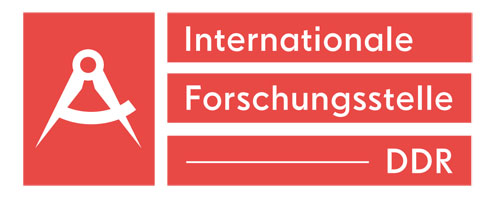
UNVOLLENDETES MUSEUM DER PERIPHEREN MODERNE
The forgotten stories of socialist solidarity between the GDR and Africa
The history of political friendship and cooperation between the GDR and African countries such as Guinea-Bissau, Angola, Mozambique, Namibia, among others, deserves attention and a nuanced “depiction”. Situated mainly in the field of Visual Cultures and joining forces with an array of collaborators, this project undertakes research which will culminate in a week-long programme of online public seminars and in a carefully planned exhibition encompassing historical and artistic proposals in different media such as film projections, artifacts, posters, maps and performances. The project’s goal is to shed light on internationalism and the relationships between the GDR state and its social actors with African countries and anti-colonial movements, thus giving visibility and some tangibility to weak memories and past realities that have been either marginalized or silenced. However, since many kinds of archives have been destroyed or dispersed, since many stories, point of views and subjectivities were suppressed and since the researchers involved in this project recognize that framing any past event unavoidably excludes some accounts and details, the exhibition will be consciously tentative, that is: admittedly and realistically unfinished.
As a collaborator of this project, the IF DDR is contributing a scholarly reappraisal of the GDR’s relations with certain independence movements and independent states of Africa, focusing on the oral histories of the actors involved. In addition to interviews with contemporary witnesses, diaries, articles, and other historical sources will be used to investigate the question: How did this cooperation take place and what role did it play in the individual history of those involved? By analysing scientific sources, we also aim to measure the political level of solidarity work. What significance did the solidarity achievements and projects have for the further development of the “young nation states” liberated from colonialism? To what extent were they a reflection of the political struggles of system competition? A spatial form of presentation that seeks to connect this historical-political framework with the stories of the micro-level is being developed with the curators.
The curators:
- LUCAS REHNMAN studied Arts in the Public Spheres at édhéa (Switzerland). Since 2020, he researches post-colonial modernist architecture in Guinea-Bissau and its possible impacts to History, the Social Sciences, decolonial theory and curatorial studies. He is a member of EPICAC Tropical Banda and also enjoys taking part in collaborative projects (such as Die Diagonalen, Katakombe, among others).
- VINCENZO FIORE MARRESE was born in Florence, Italy. His interest in the movements of the body was sparked by various experiences: theatre, dance and calligraphic art. He began his research on the artistic aspect of anatomy and biology. Then he developed his research towards the political and social function of the body. He has presented his works in Europe and Asia.

